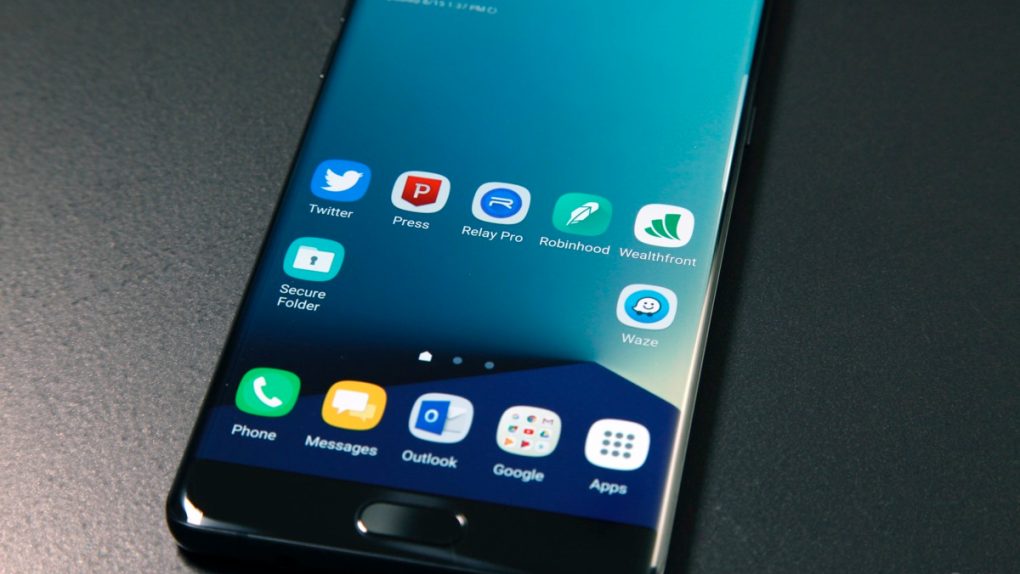One of the crazier things about Samsung’s Galaxy Note 7, you know, aside from the fact that it was prone to spontaneously catch on fire and explode, is that Samsung still hasn’t been able to figure out the root cause of the problem.
When consumers initially began reporting fire-related issues with the Note 7, Samsung engineers quickly identified one of their battery suppliers as the source of the problem. However, once replacement units with ostensibly functional and safe battery packs from a secondary supplier began exploding as well, Samsung was forced to forced to discontinue the initially well-regarded phablet altogether.
DON’T MISS: Survey now says 40% of current users will never buy another Samsung phone
In the midst of this chaos, Samsung’s search for a technical solution and a reprieve from an ongoing and incessant PR disaster continues. Having said that, a new report from The Wall Street Journal sheds some light on how Samsung’s battery testing process may have contributed to the entire Note 7 fiasco.
The Journal relays that Samsung tested the batteries used in its Galaxy Note 7 in a testing lab owned and operated by Samsung. This practice stands in stark contrast to all other smartphone manufacturers who test the reliability of their battery packs at independently run labs.
“To sell smartphones at major U.S. carriers,” the Journal notes, “phone makers are required to test phone batteries at one of the 28 labs certified by the U.S. wireless industry’s trade group, the CTIA, to ensure compliance with standards set by the Institute of Electrical and Electronics Engineers.”
Samsung, however, was able to receive CITA certification via its own testing lab. While there’s obviously no guarantee that whatever the cause of exploding Note 7s would have been discovered at an independently run lab, it’s certainly a reasonable assumption to make. All the more so given reports that Samsung rushed the Note 7 through testing and production in order to overshadow what was widely assumed to be a “boring” iPhone 7 launch.
While Samsung’s testing lab is CITA approved, perhaps Samsung, in its zeal to accelerate all aspects of the Note 7 launch, was less stringent in its testing than it normally is.
From a financial perspective, the Note 7 recall is nothing short of a disaster for the South Korean tech giant. Samsung has already said that the Note 7 fiasco will cost the company upwards of $3 billion in profits in this quarter alone.
Furthermore, the long-standing impact to Samsung’s overall brand may be significant. More than likely, it will take Samsung a considerable amount of time to recover from what is undoubtedly the most serious and dangerous product recall in tech history. To this point, we reported just last week that 40% of Note 7 owners have said that they will never buy another Samsung smartphone.








